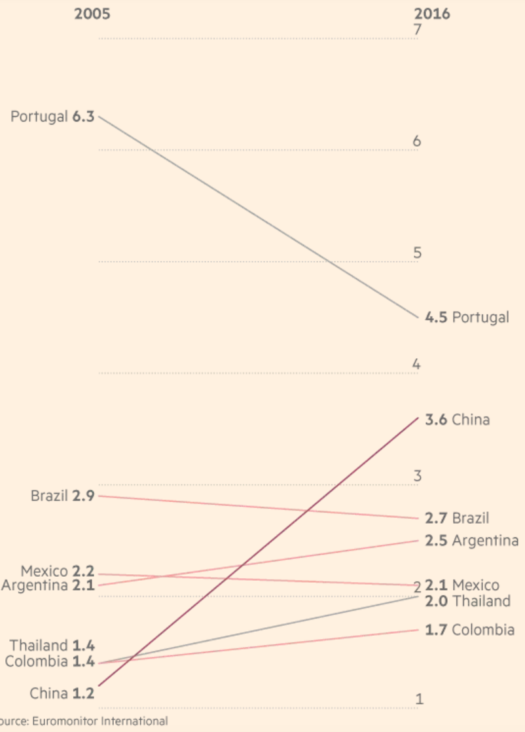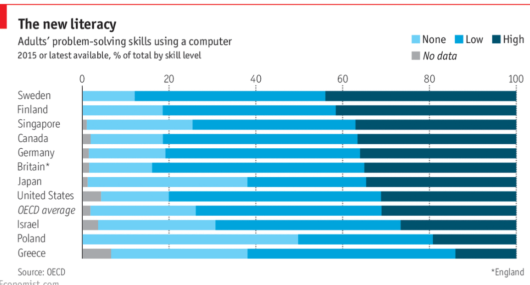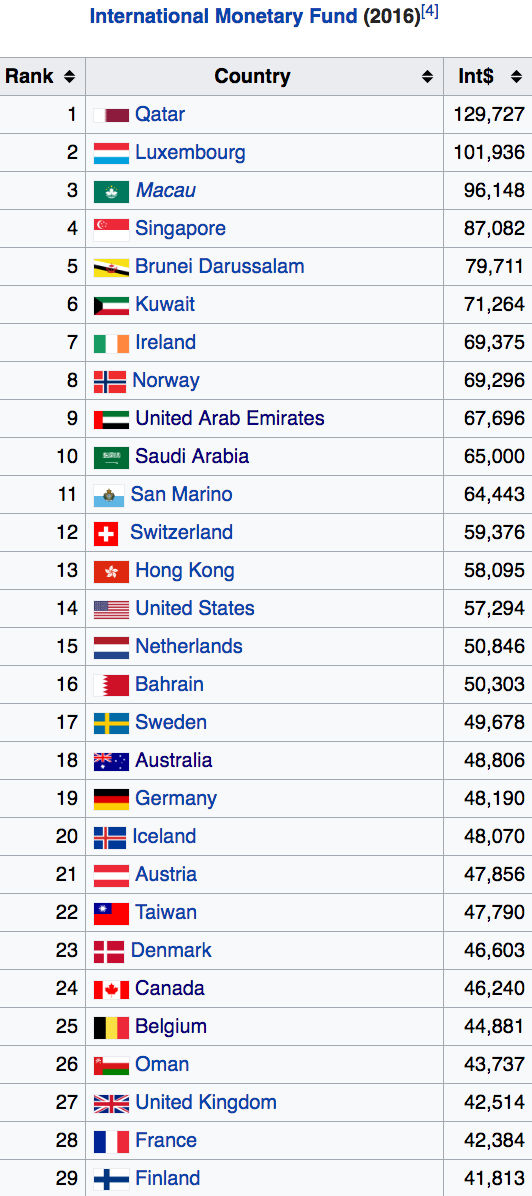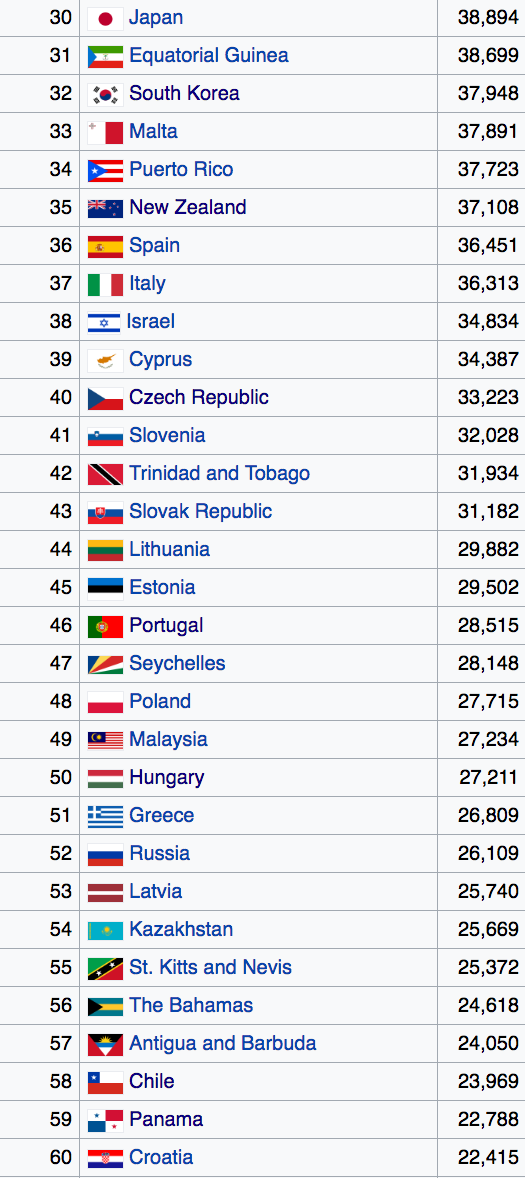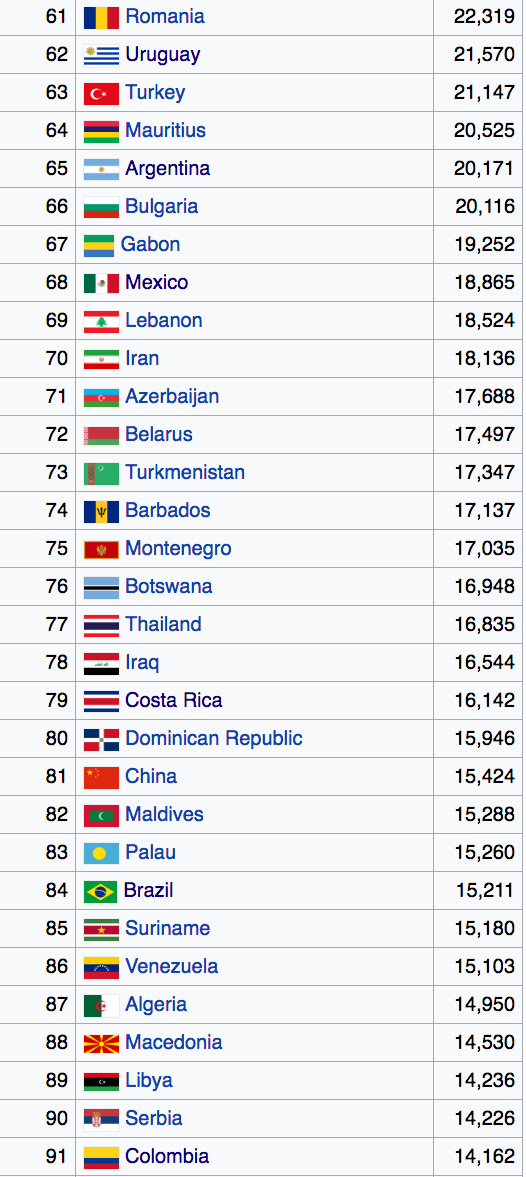Why China will democratize
Tyler Cowen has a new Bloomberg article discussing why China may never democratize:
The argument that China will become democratic rested on observations of Japan, Taiwan and South Korea, all nearby countries that became democratic or sustained a democracy once they were sufficiently wealthy. The middle classes in these countries wanted accountable government, and ultimately the autocracies were willing to step aside and support democratic transitions, albeit with the Japanese path being more closely linked to the American postwar settlement and occupation. Much of Eastern Europe and Latin America became democratic too, and so it seemed plausible that China might be next in line.
Conversely, there are two powerful arguments that China will not become democratic. First, China never has been democratic in thousands of years of history, and perhaps that history simply will continue.
Second, the middle to upper middle class is still a minority in China, and will stay so for a long time. A smaller country can build up in percentage terms a larger middle class, by exporting, than can a very large and populous country. There’s just not enough demand in global markets to elevate all or even most of the Chinese people, and so Chinese inequality likely will stay high, to the detriment of democratic forces.
In essence, many of the wealthier Chinese trust the Communist Party to look after their interests more than they trust elections.
Both of these arguments are wrong, although the final sentence I quoted is entirely accurate. Many affluent urban Chinese do not support democracy because they worry that it would turn the country over to the rural poor. Today.
Nonetheless, both of Tyler’s arguments are wrong:
1. The fact that China has thousands of years of non-democracy carries exactly zero weight, because all countries had thousands of years of non-democracy before becoming democratic. It’s simply not a “powerful argument”—it carries no weight. So the fact that East Asia is increasingly democratic is very relevant. Those East Asian democracies also had thousands of years of non-democracy before first becoming democratic.
2. And it’s true that the middle and upper middle class are still a minority in China, but it is not true that things will stay that way for a very long time. China will be mostly middle class by 2050. A big issue in China today is the fact that working class wages are rising faster than professional white collar wages, and indeed are often higher. College grads complain that factory workers and construction workers make more than they do. And all wages are rising very fast.
In my view the relevant odds are as follows:
1. Odds of China becoming democratic: 95%
2. Odds of China never becoming democratic, and most of the rest of the democratic world reverting to authoritarianism: 4.99%
3. Odds of China never becoming democratic, but most of the rest of the developed world staying democratic: 0.01%
So if China really never does become democratic, the real story is that democracy will fade away in the rest of the world. It’s simply not plausible that we’d continue on for hundreds of thousands of years with China non-democratic and South Korea, Japan and Taiwan democratic. That’s not how things work. Something has to give.
You can’t be pessimistic about China and optimistic about the world, at least in the very long run.
PS. Here’s China Daily, telling white collar workers to stop complaining that blue collar workers make more than they do:
Manual workers deserve the high wages they get
DATA ON AN employment exchange website show the average monthly income of construction workers in Chengdu, Sichuan province, was 8,300 yuan ($1,210) last year, with skilled bar benders, bricklayers, carpenters and painters earning more than 10,000 yuan. In contrast, the average monthly salary of clerks and secretaries was about 3,800 yuan. An article on youth.cn comments:
The huge income gap between blue-collar and white-collar workers may be surprising for many people. But manual workers’ incomes have been rising over the past few years because of the supply-demand law.
Each year, 7 million college graduates enter the job market, while the number of skilled laborers joining the workforce is much lower, because it takes years for a worker to become an expert in his/her field while clerks can learn their job in months.
If blue collar workers really are making $15,000/year, in a country with a much lower cost of living than the US, then I may be excessively conservative in my 2050 date for a majority of China being middle class. It’s coming faster than almost anyone imagined.
HT: TravisV


